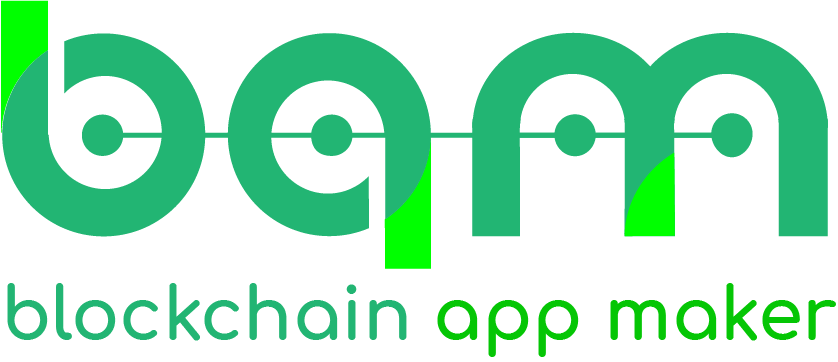DAG (Directed Acyclic Graph)
A Blockless Network for Faster, More Secure, and Private Transactions
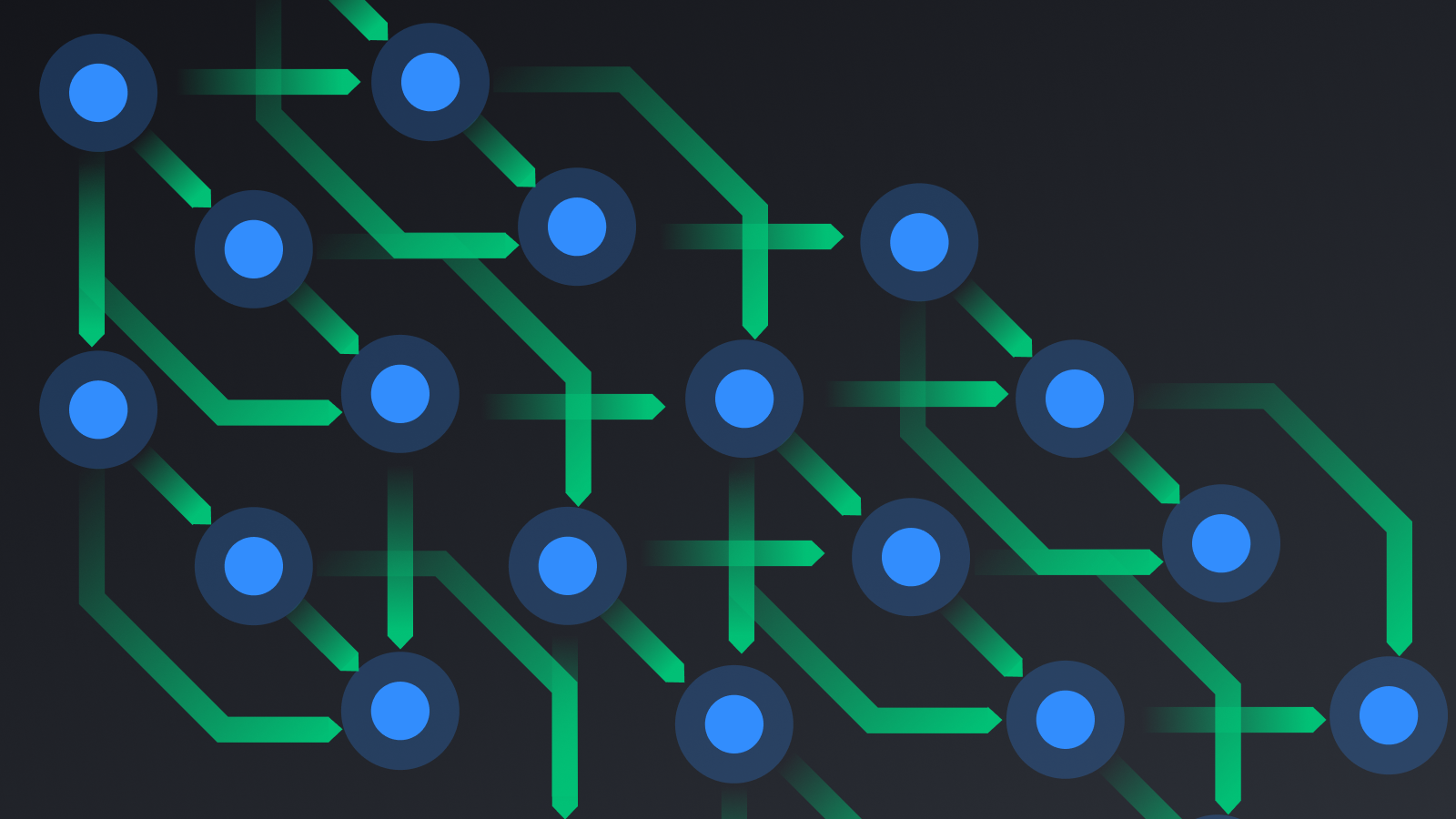
What is DAG?
For a directed graphical structure, the Directed Acyclic Graph (DAG) employs topological ordering. The order of events might shift from one to the next. DAG can be used to solve problems including data processing, project scheduling, shortest path difficulties, and data compression. The sequence is preserved through the use of transactions, avoiding the need for mining. The blockless design of directed acyclic graph (DAG) relies solely on transactions, removing the requirement for miners to generate new blocks.
Furthermore, Directed Acyclic Graph (DAG) allows users to safeguard data by referencing data units from earlier transactions, resulting in increased transaction scalability. The consensus method creates overall order in the DAG by picking the’main chain,’ which gravitates towards credible users, or witnesses.
Benefits
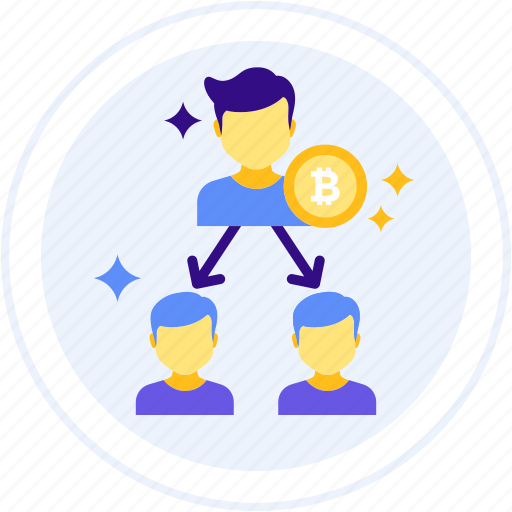
No Double Spending
The transactions that precede it determine whether or not a transaction is valid. Without a Proof of Work, DAG's transaction order is stretched by many transactions (PoW). Any effort at double spending will be quickly prevented by the system.

Network Width
The DAG network connects the new transactions to the existing later transactions. The tangled network's width will be controlled using the DAG method. The transactions will be linked to new transactions on the DAG network once they have been validated.
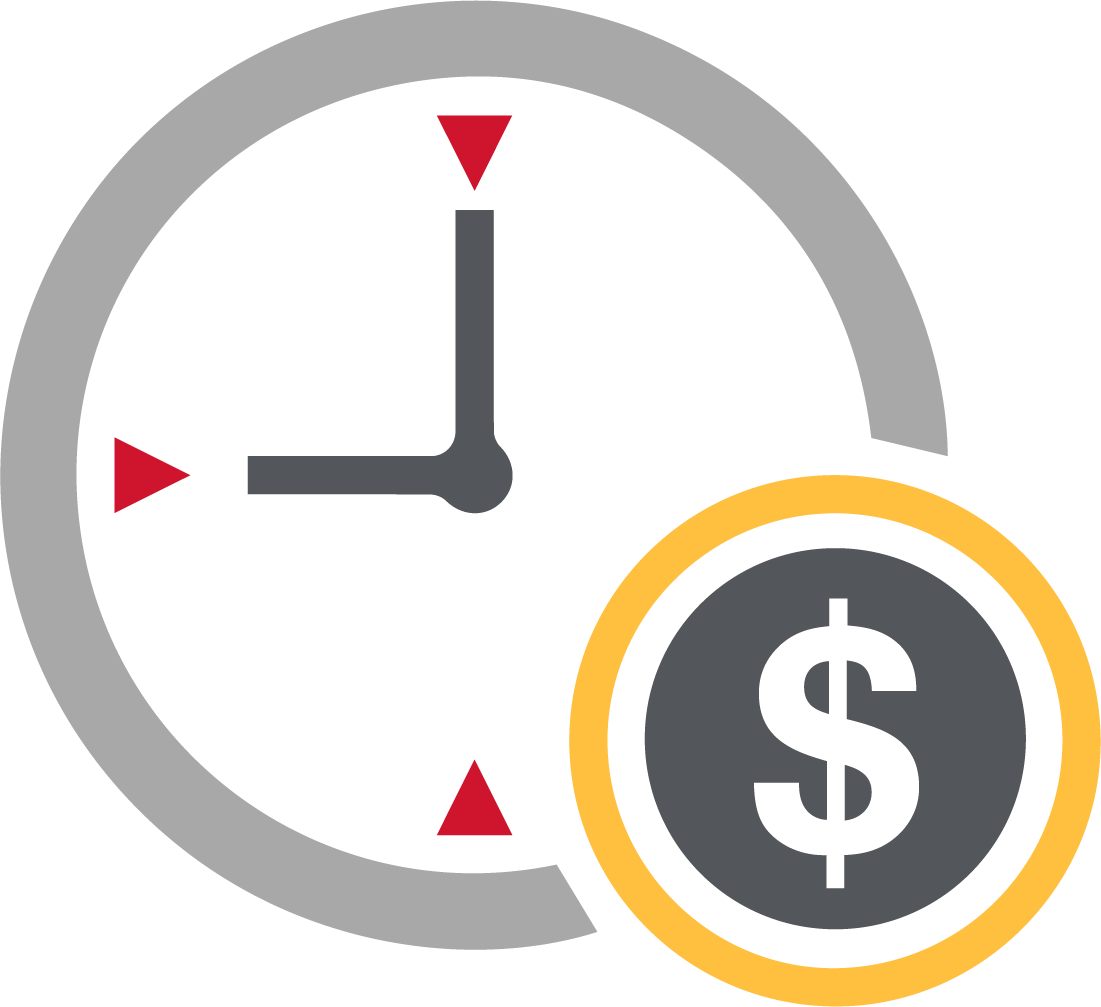
Faster Transactions
The DAG's blockless design allows transactions to run directly into the network, making the entire process faster than PoW and PoS. To maintain speedier transaction validation, the network width is limited within defined constraints.
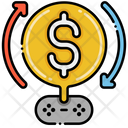
Micro-Transactions
With the introduction of DAG, a platform with great functionality and low transaction fees has been possible. Users can send and receive micro and nano-payments with no scalability or transnational speed concerns.
Features

Conditional Payments
DAG enables the payer to make conditional payments, which are not possible with fiat cash transactions. The payer establishes the terms. The money is only given to the payee if these requirements are met; otherwise, the money is returned to the payer. Lorem ipsum dolor sit amet, consectetur adipiscing elit. Ut elit tellus, luctus nec ullamcorper mattis, pulvinar dapibus leo.
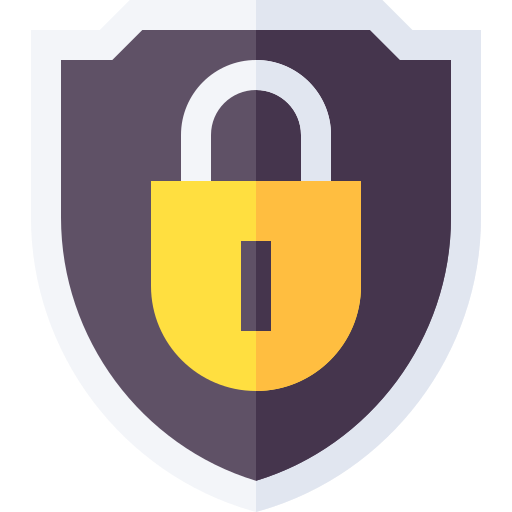
Privacy
Users can pay in complete anonymity using an untraceable cash-like currency. Because the transactions are relayed peer-to-peer, they will not be viewable in the public database (P2P). Direct transfers from wallet to wallet are possible because to the built-in TOR switch, which increases secrecy even more.
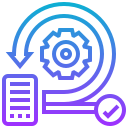
Sovereign Identity
The wallet stores the user's identify in a secure manner. The user has the option of disclosing his or her identify. The user can reveal their wallet identity to a service provider, such as when participating in an ICO, and use it as part of their KYC and AML compliance.

Secure Transactions
DAG does not have a central payment processing and storage company. Instead, when users initiate transactions with one another, a cryptographic link is established between them. As the number of transactions increases, users begin to layer their links on top of one another, similar to the game Byteball.
Use Cases
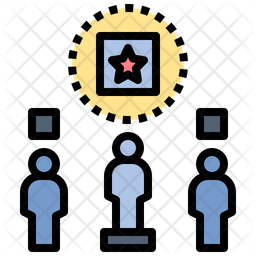
ICO Differentiation
Cryptocurrency on DAG can be out-of-the-box security tokens when ICOs are done on the blockchain. Real name verifications are embedded into the KYC, and stats are shown in real time. Users can sell Bitcoin, Ethereum, or Bytes.
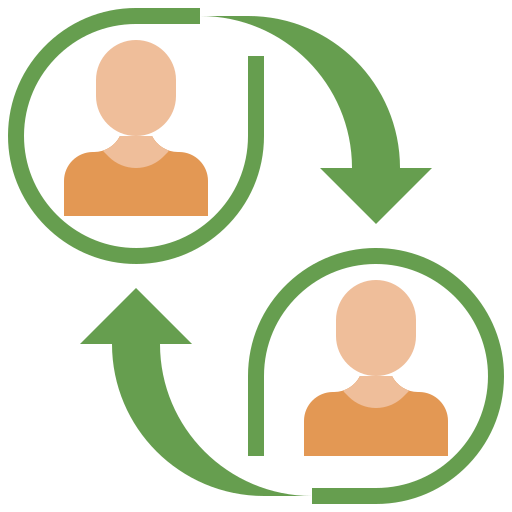
Peer-to-Peer Prediction
Users can profit by predicting a future event. It might be football betting or any other type of prediction market. The forecast will be engraved on a smart contract, which can be unlocked by the user or a peer depending on the outcome.
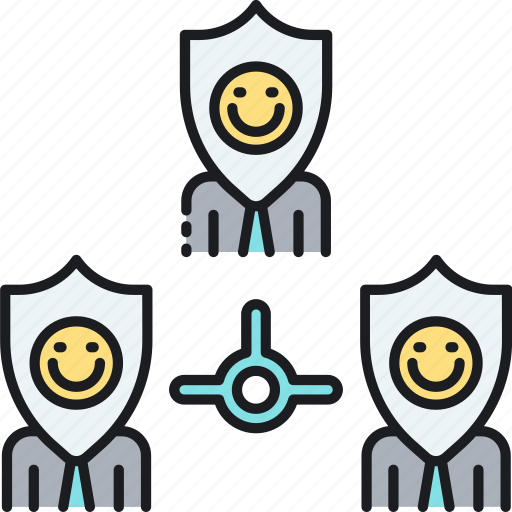
Peer-to-Peer Insurance
Any unfavourable events can be hedged against by the user. Insurance is written in the form of a smart contract, which is unlocked by the insured when the event occurs. In a P2P transaction, the user can also offer insurance for a profit.
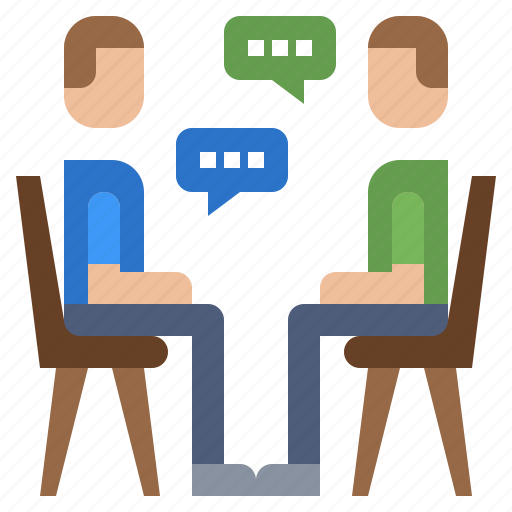
Email or Chat Trade
The cryptocurrency can be sent via e-mail or chat by the payer. To finalise the transaction, the recipient can click the link sent by email or chat. If the receiver does not already have a DAG wallet, the link will direct them to download one for Android or iOS.
We Spotlighted In




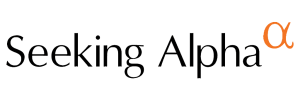
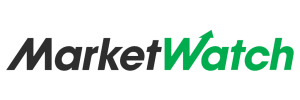


History is tedious! Numbers,
on the other hand, aren't!
Projects In Progress
50+
Blockchain Experience
4+ Years
Blockchain Experts
80%
Projects Completed
150
Team
300+

Talk To Our Experts

